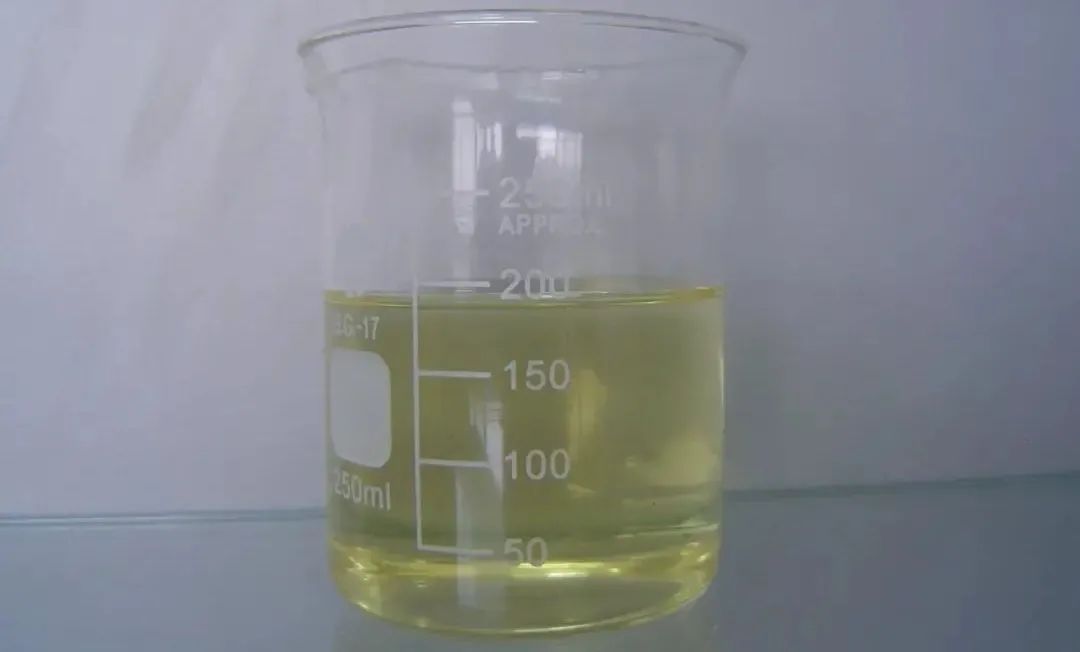How to choose hydraulic oil HL, HM, HG, HV, HS?
May 24, 2023
What do HL, HM, HG, HV, and HS represent? The commonly used hydraulic oils in China include L-HL hydraulic oil, L-HM anti-wear hydraulic oil, L-HV low-temperature anti-wear hydraulic oil, L-HS low pour point anti-wear hydraulic oil, L-HG hydraulic guide rail oil, and fire-resistant hydraulic oil. The viscosity grades of these hydraulic oils are divided into 22 #, 32 #, 46 #, 68 #, 100 #, etc. based on their 40 ℃ viscosity. Let's learn more about: Note: The product execution standards for mineral and synthetic hydrocarbon hydraulic oils in China are based on GB11118.1-2011 (including the technical specifications of HL, HM, HG, HV, and HS), and are determined according to the latest national standards. Executive standards and knowledge of anti wear hydraulic oil When purchasing anti wear hydraulic oil, the execution standards of anti wear hydraulic oil have attracted many enterprises' attention; Why? Formal standards mean that quality is guaranteed, making it safer and more reassuring to use; What are the import and domestic standards for anti wear hydraulic oil? Based on what. First, the current implementation of hydraulic oil in China is the national standard GB111118.1-2011 for hydraulic oil. Second, foreign hydraulic oil standards: formulated by equipment manufacturers or standardization organizations 1. The product standard ISO11158- has the most applications, including six quality levels of HH, HL, HM, HR, HV, HG, and multiple viscosity levels of technical specifications such as 32, 46, and 68. 2. The DENISON standard and Cincinnati standard are commonly used in OEM standards, which have outstanding performance in terms of physical and chemical data analysis and various hydraulic oil properties such as filtration, hydrolysis stability, extreme pressure resistance, and thermal stability. 3. Vickers standard: based on Vickers pump company's requirements for hydraulic oil specifications, with a focus on the practicality of pump testing; It is also one of the most commonly used OEM standards. 4. JCMASHX-1 Draft Special Hydraulic Oil for Construction Machinery - A hydraulic oil organization established in Japan, with members such as Komatsu, Mitsubishi Caterpillar, Hitachi, etc., serving as the most basic standard for hydraulic oil used in construction machinery.

Principles for selecting hydraulic oil 1. Select according to the working pressure of the hydraulic system. Different working pressures also have different requirements for the quality of hydraulic oil. With the increase of system working pressure, the wear resistance, oxidation resistance, foam resistance, as well as anti emulsification and hydrolysis stability of hydraulic oil should also be improved. At the same time, to prevent leakage caused by increased pressure, the viscosity of hydraulic oil should also be correspondingly increased; On the contrary, choose low viscosity hydraulic oil. 2. Select according to the ambient temperature used. In machinery with high ambient temperatures or close to heat sources, priority should be given to selecting oil products with high viscosity and temperature (i.e. viscosity and temperature change with temperature) or flame retardant oil products. In harsh working conditions, in order to ensure the safety and reliability of the system, it is necessary to choose oil with good viscosity temperature characteristics, thermal stability, lubricity, and rust resistance. 3. Select according to the sealing material. The sealing material of the hydraulic device is compatible with the oil used in the system. Otherwise, the sealing element may experience expansion, contraction, erosion, dissolution, and other phenomena, resulting in a decrease in system performance. For example, HM anti-wear hydraulic oil has poor compatibility with natural rubber, butyl rubber, ethylene rubber, silicone rubber, etc. This should be taken seriously in practical use. 4. Choose the appropriate viscosity hydraulic oil. For systems with high temperature and pressure, hydraulic oil with higher viscosity should be selected to achieve better lubrication. On the contrary, for systems with low temperature and pressure, hydraulic oil with lower viscosity should be selected to reduce energy consumption. Specifically, if the viscosity is too high, it is beneficial for lubrication, but it increases the resistance and pressure loss of the system, resulting in increased power loss, increased oil temperature, unstable hydraulic action, and noise; Excessive viscosity can also make it difficult for the pump to absorb oil during low-temperature start-up, and even cause interruption of oil supply during low-temperature start-up, leading to equipment failure. On the contrary, when the viscosity of the hydraulic system is too low, it will increase the internal and external leakage of the hydraulic equipment, unstable or reduced working pressure of the hydraulic system, and in severe cases, it will lead to abnormal pump wear.






